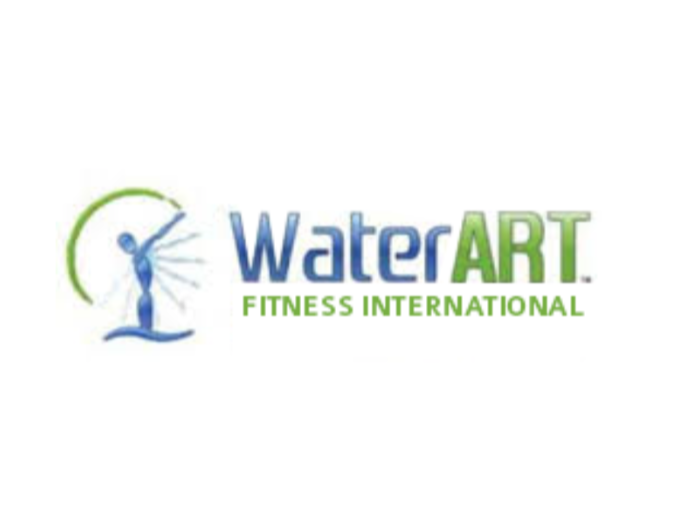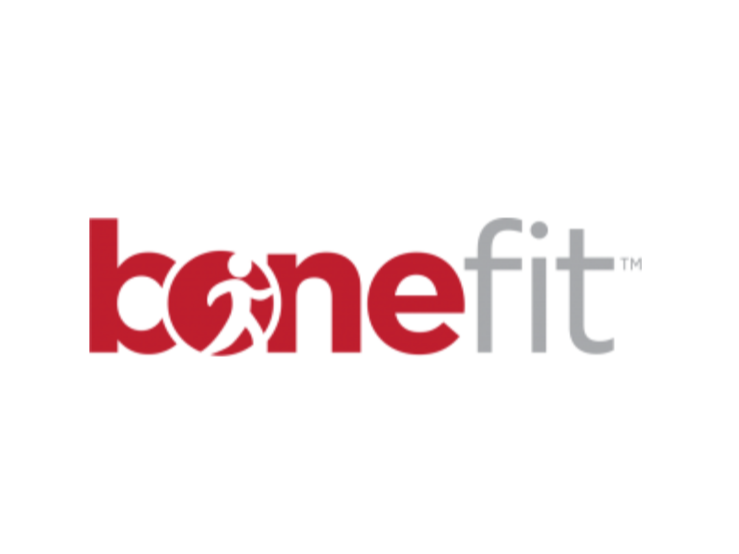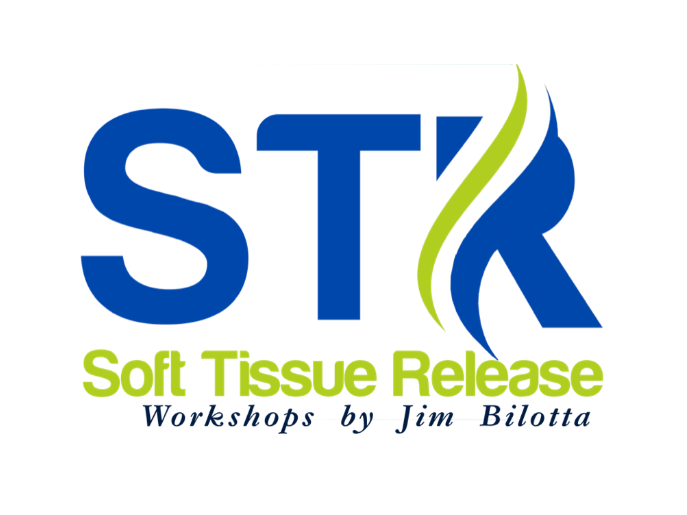Understanding Kinesiology:
Enhancing Health Through Movement
The way your body moves has a significant impact on your health.
Correcting movement issues to alleviate pain can show you how small changes can make a big difference in your day-to-day life.
What is Kinesiology?
Kinesiology is the science of human movement, exercise, and function. The practice of kinesiology involves assessing human movement and performance to prevent, manage, rehabilitate, maintain, or enhance movement and performance.
What does a Kinesiologist do?
Kinesiologists are regulated health professionals with expert knowledge of human movement and the relationship between physical activity and health. Kinesiologists use evidence-based research to treat and prevent injury and disease, and to improve movement and performance. Kinesiologists work with people of all ages and physical abilities in many settings to help them achieve their health and wellness goals and improve quality of life.
Top 10 frequently asked questions about Kinesiology
1. What happens during a kinesiology assessment?
During a kinesiology assessment, a kinesiologist will begin with a discussion about your medical and lifestyle history, as well as any specific issues or goals you want to address. Next, they will assess your movement patterns, strength, and flexibility. They may use techniques or tests to help identify baseline functional measures or muscular imbalances to develop a personalized treatment plan.
2. What happens at follow-up sessions?
You can expect one-on-one sessions that are 50 minutes in length. Typically, review and progression of exercises from the previous session start a follow-up appointment. Depending on feedback from you regarding the outcome of the previous session, further evaluation will be pursued, as needed, to determine the most effective treatment direction for the current and future sessions.
3. Is Kinesiology a form of medical treatment?
While kinesiology is not a medical treatment, it complements medical care by focusing on movement and function. Kinesiologists work alongside healthcare professionals to support recovery and improve physical performance.
4. How many appointments will I need?
The number of appointments varies depending on your individual needs and goals. Your kinesiologist will work with you to develop a plan that fits your specific situation
5. Is Kinesiology safe?
Yes, kinesiology is generally safe for people of all ages and fitness levels. Kinesiologists are trained to assess and address movement issues in a way that minimizes risk.
6. Do you need a doctor's referral for Kinesiology?
No, you do not need a doctor's referral to be treated by a Kinesiologist, however if you have a chronic health condition or if you are receiving treatment for cancer-related conditions it is best to let your physician know of your decision to engage in therapeutic exercise. This communication will help to ensure that all members of the team are aware of your physical status and restrictions throughout your recovery.
7. What methods of funding cover Kinesiology?
- Automobile Insurance (Motor Vehicle Accidents)
- Veteran's Affairs
- Long-term Disability Carriers
- Some Extended Health Care Plans (Desjardins, Ontario Medical Association)
- Self-pay
8. What Extended Health Care Plans Cover Kinesiology?
- Manulife
- Sun Life Financial
- Great-West Life
- Green Shield Canada
- Blue Cross
It's important to check with your specific insurance provider to confirm whether kinesiology services are covered under your plan. If kinesiology is not currently covered, you can request documentation and use template letters to ask your employer or insurance company to include kinesiology services in your extended benefits package.
9. Can you claim Kinesiology as an eligible medical expense on your tax return?
Yes! Kinesiologists in Ontario are included in the list of "Authorized Medical Practitioners by province or territory for the purposes of claiming medical expenses" on the Canada Revenue Agency (CRA) website, which means you can claim it as an eligible medical expense on line 331 of a tax return.
Patients/clients can only claim the part of an expense for which they have not been or will not be reimbursed. However, they can claim the full expense if the reimbursement is included in their income, such as a benefit shown on a T4 slip, and they did not deduct the reimbursement anywhere else on their income tax and benefit return.
10. What are the benefits of Kinesiology?
Kinesiology offers numerous benefits for overall health and well-being, including:
- Pain Relief: By identifying and correcting muscle imbalances, kinesiology can help alleviate chronic pain and discomfort.
- Improved Mobility: Techniques used in kinesiology can enhance flexibility and range of motion, making daily activities easier and more comfortable.
- Injury Prevention and Rehabilitation: Kinesiology helps in preventing injuries by improving body mechanics and provides effective rehabilitation strategies for faster recovery.
- Stress Reduction: Kinesiology techniques can help reduce physical and emotional stress, promoting relaxation and mental well-being.
- Better Posture: By addressing postural issues, kinesiology can help prevent long-term musculoskeletal problems.
- Holistic Health: Kinesiology takes a whole-person approach, considering physical, emotional, and nutritional factors to promote overall health.
You can learn more about Kinesiology here.
Fit to Function Kinesiology has been proudly providing mobile kinesiology services to Barrie, Innisfil and surrounding Simcoe County since 2003.
Are you an active ager who wants to find out how Kinesiology can help you? Book a Complimentary Discovery Call here.









